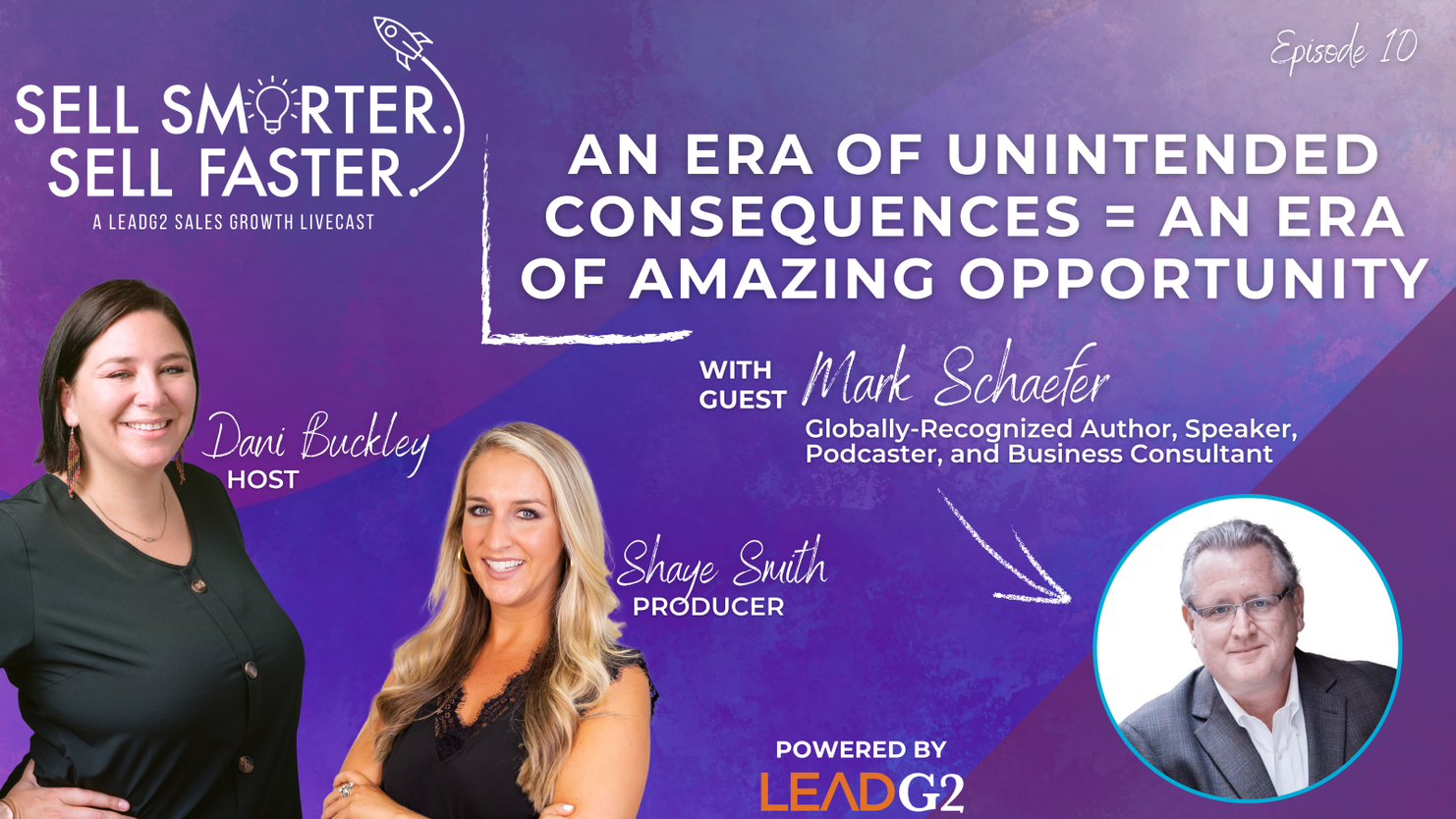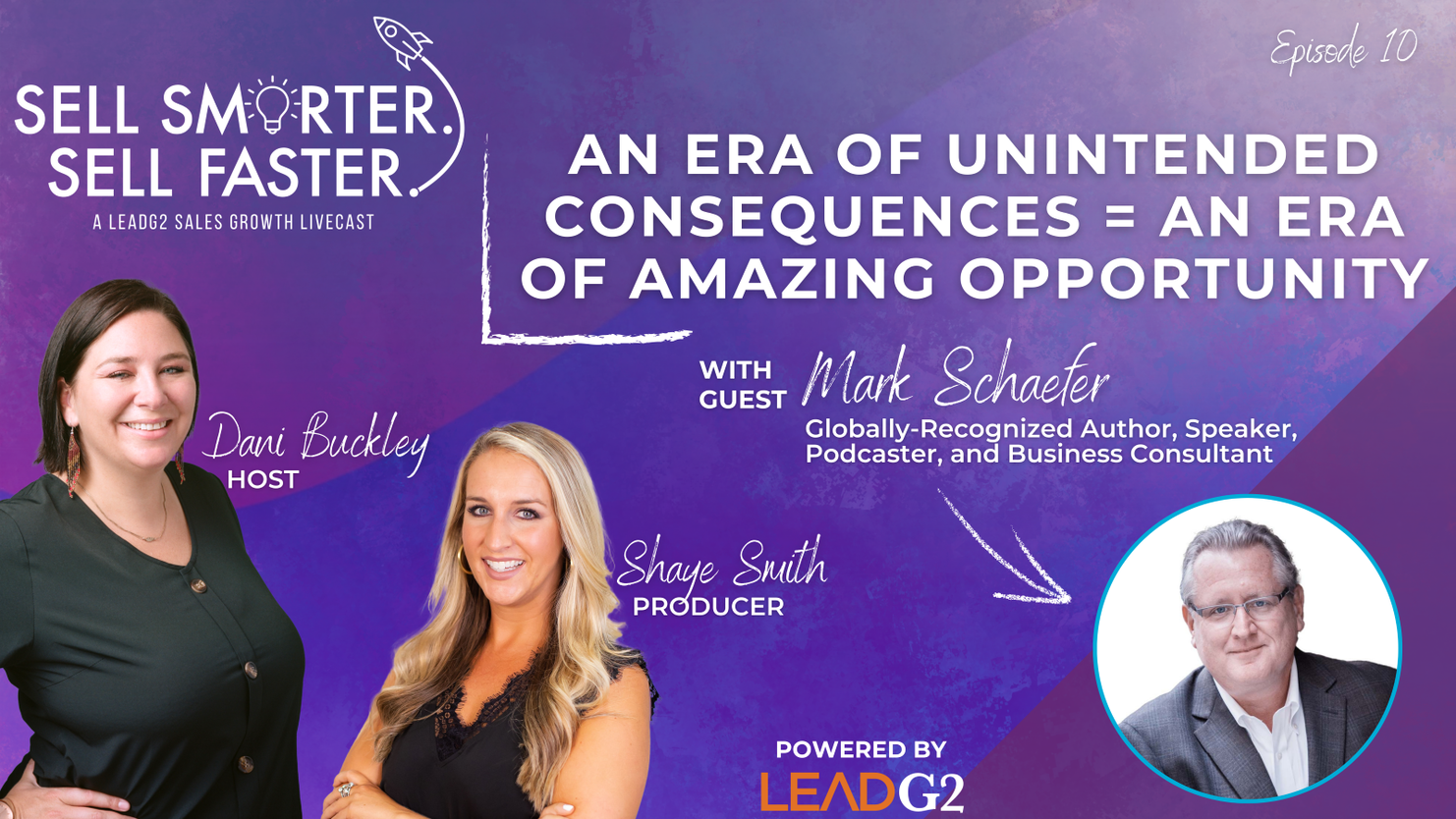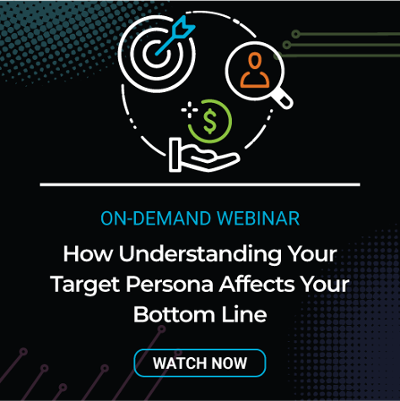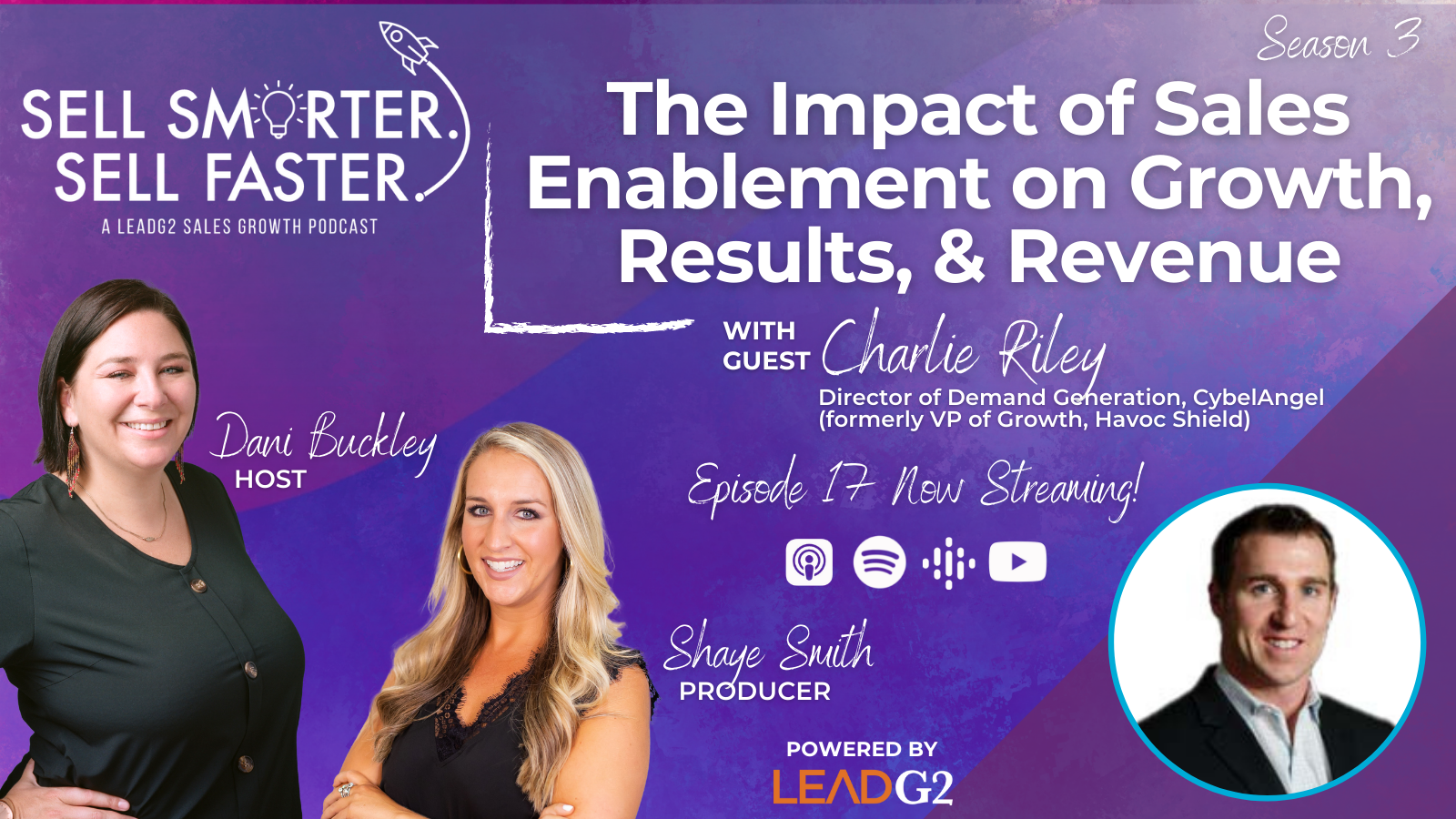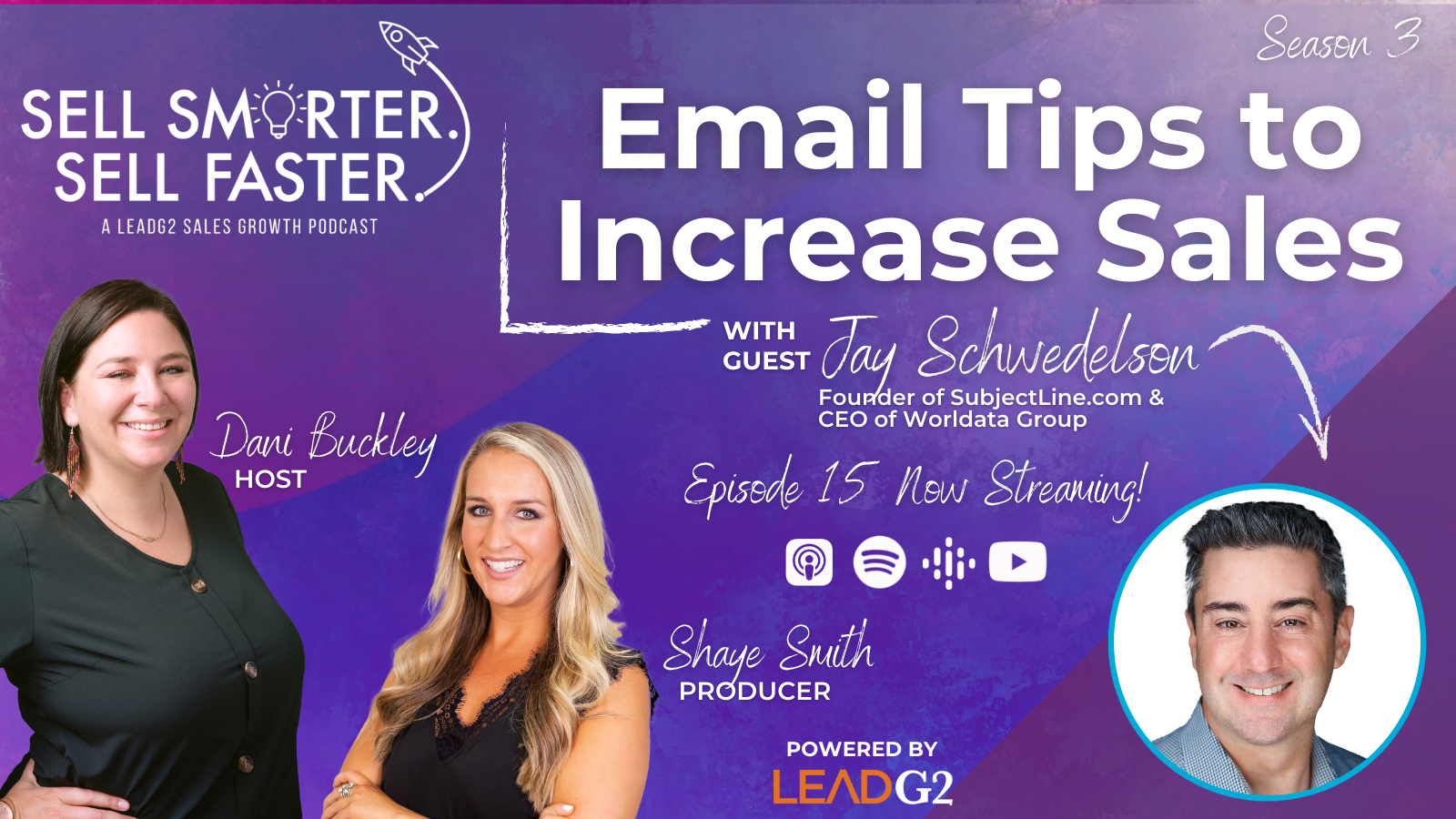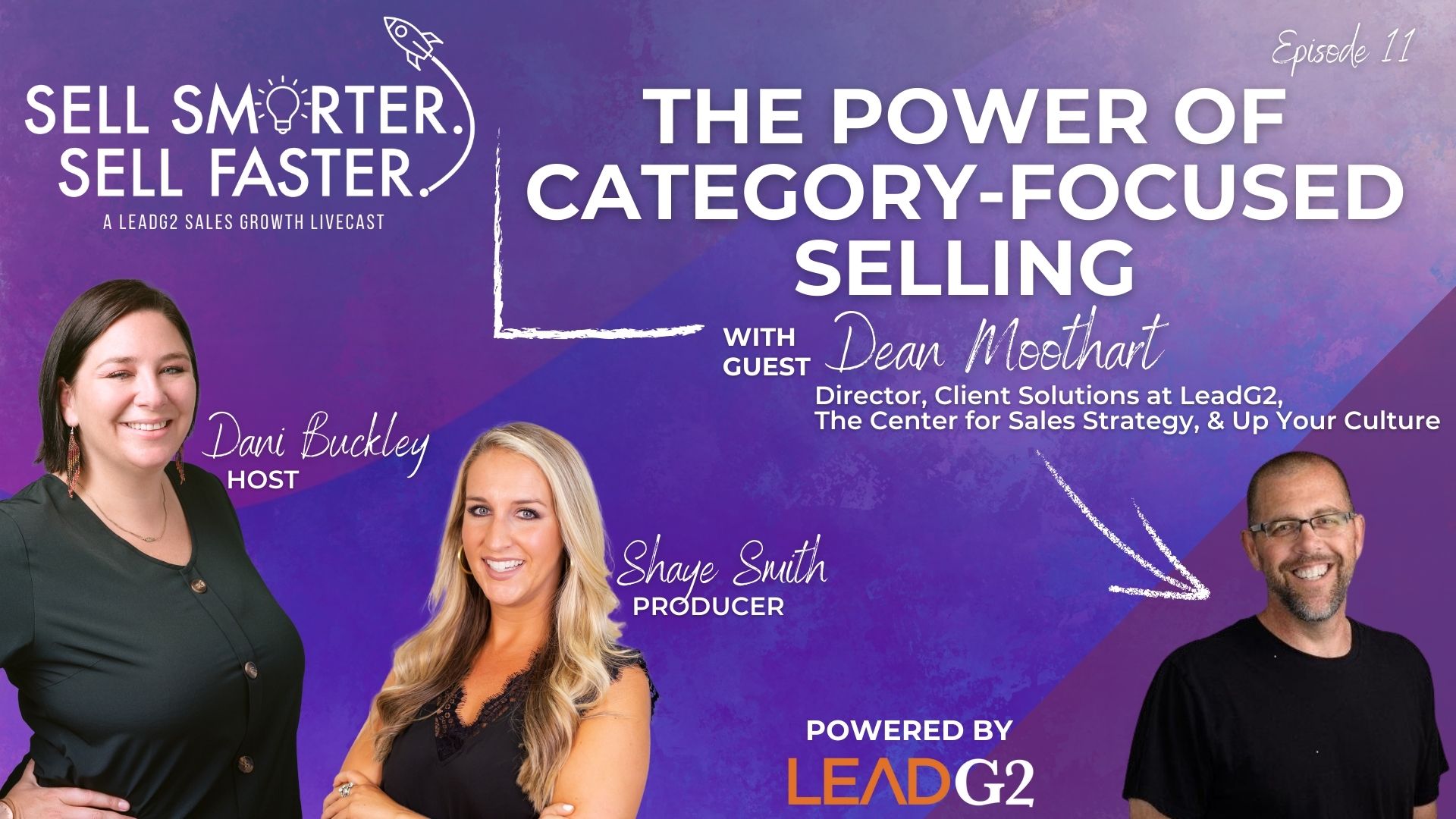The Impact of Sales Enablement on Growth, Results, & Revenue with Charlie Riley | Sell Smarter. Sell Faster. Ep. 17
If you've ever asked yourself, “What is sales enablement?” then this is the episode for you. Not only do we broadly cover the topic of sales...
.png?width=2250&height=647&name=LeadG2-logo_(2).png)
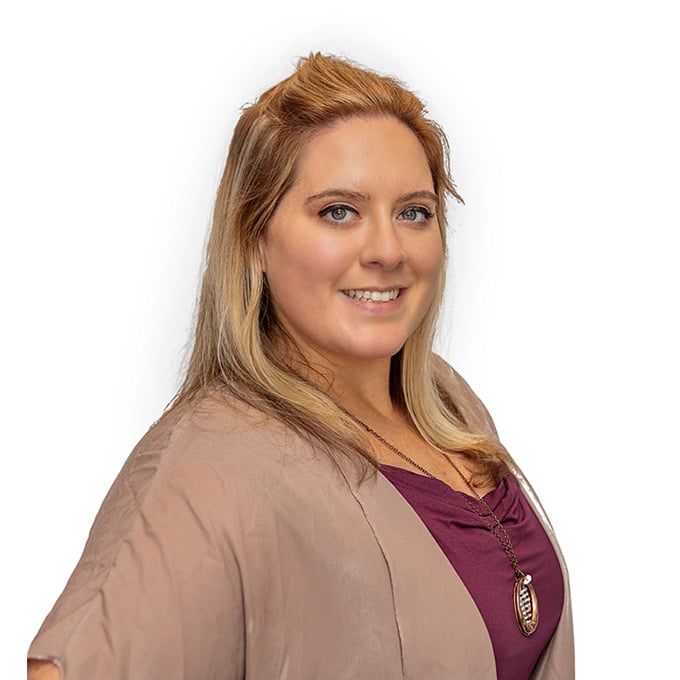 Amanda Meade
Amanda Meade
